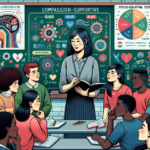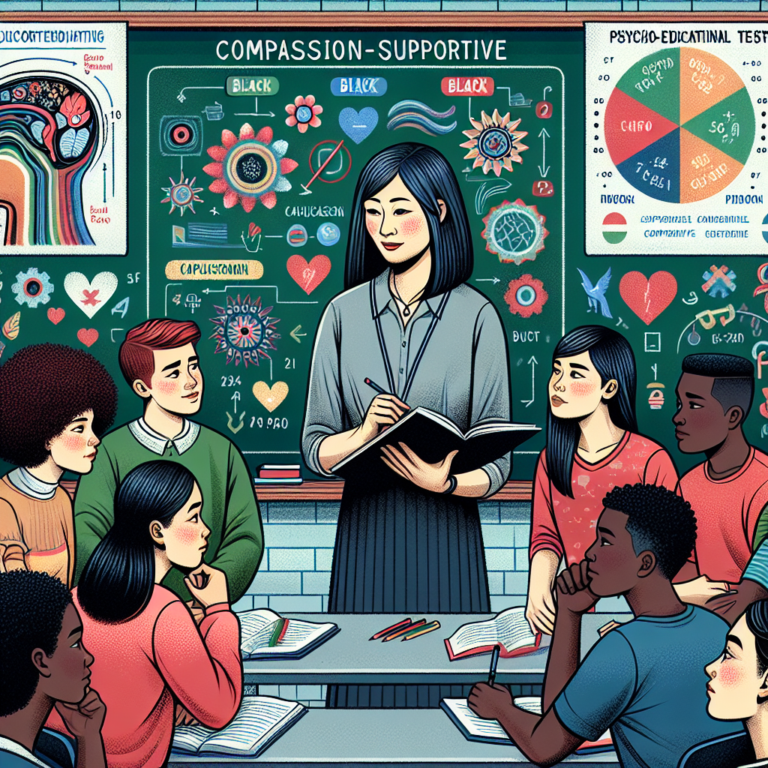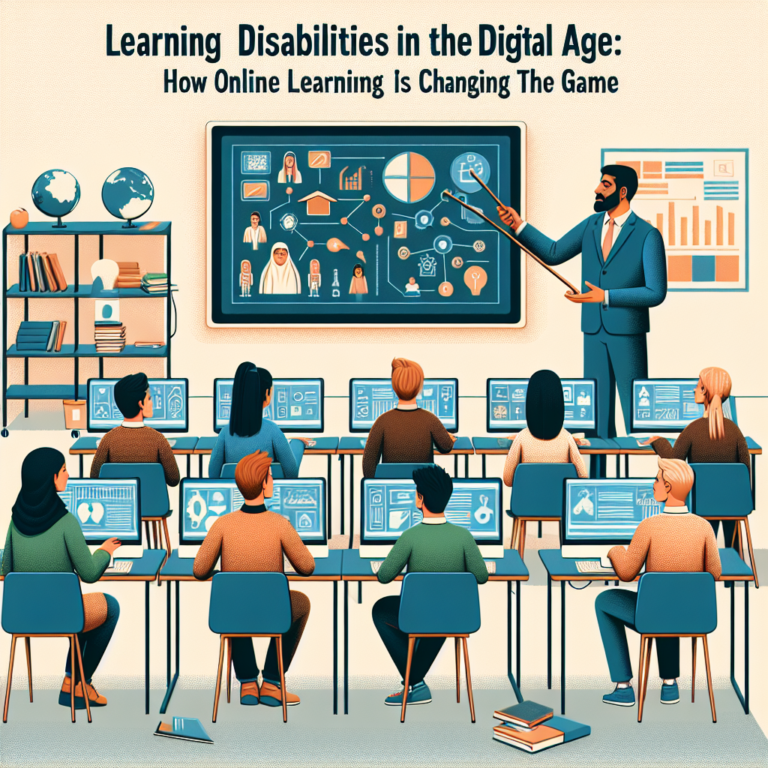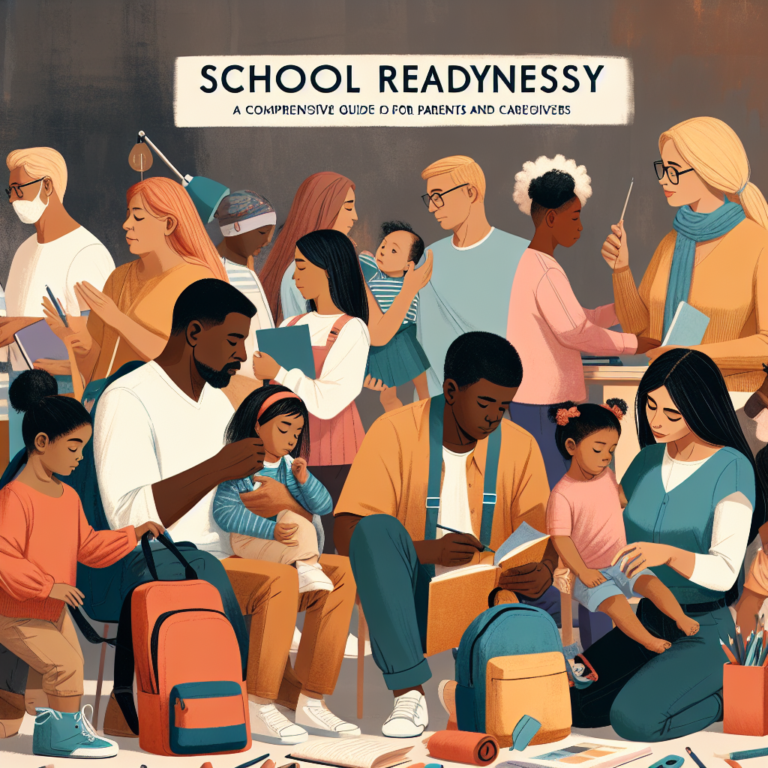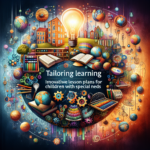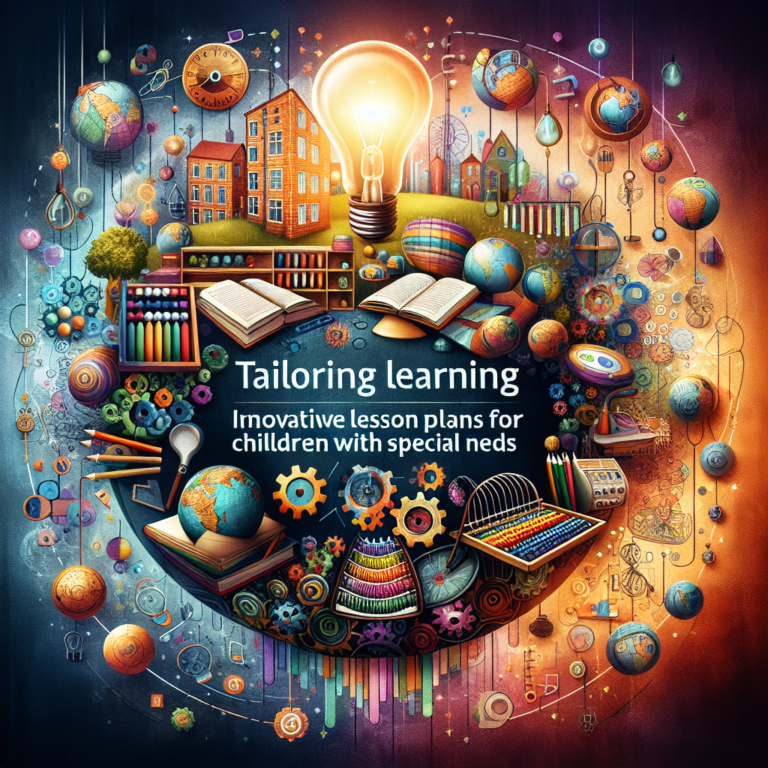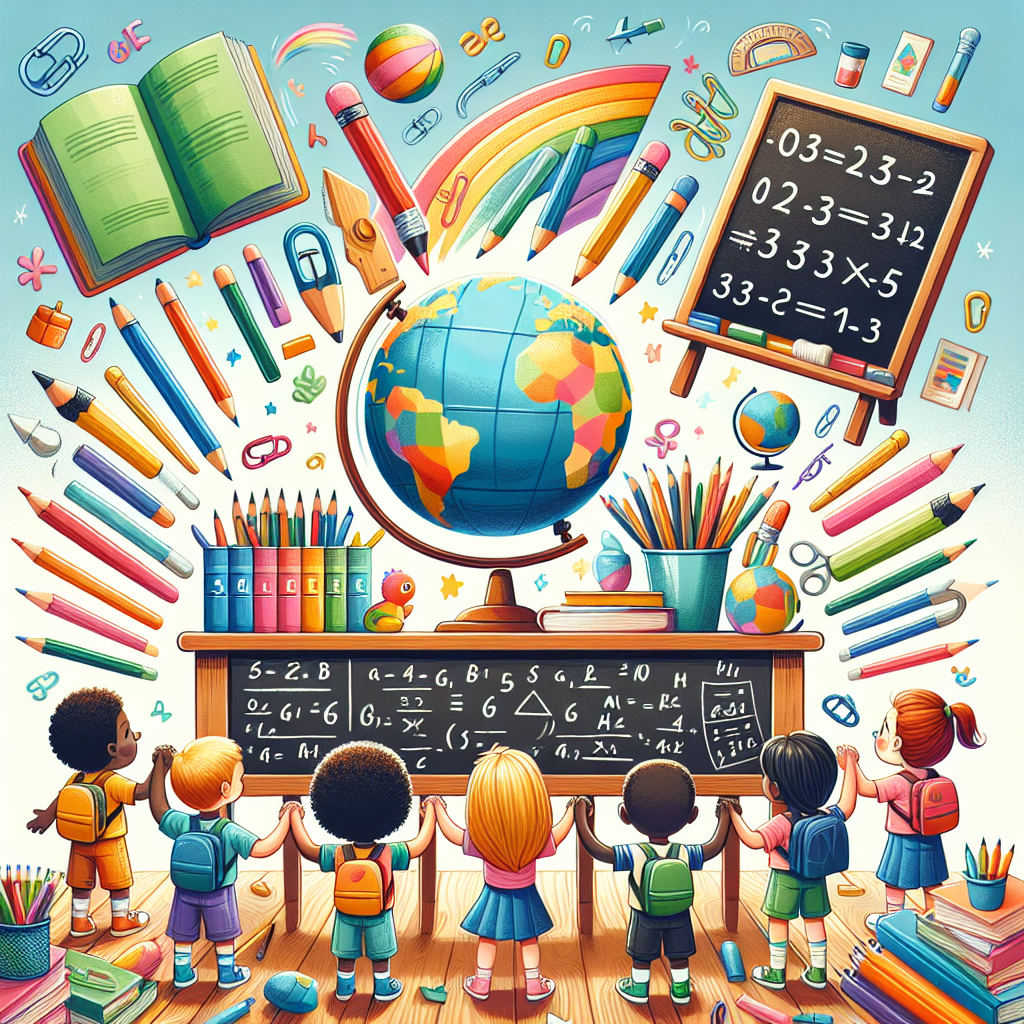
Introduction
As parents and educators, we often find ourselves pondering the very essence of a child’s preparedness for school. The transition to formal education can be daunting for children and their guardians alike. But fear not—this guide, "Ready, Set, Learn: Essential Skills for School Readiness," lays down the foundational skills vital for a positive and successful start to schooling.
In an ever-evolving educational landscape, understanding what truly prepares our little ones for school is essential. Let’s dive deeper into the essential skills needed for school readiness and discover how to nurture these capabilities in young children.
Understanding School Readiness
School readiness encompasses more than just academic skills; it involves social, emotional, and physical development. Children need to acquire a blend of these skills to thrive in a school environment. This guide details four main categories: cognitive, social-emotional, physical, and communication skills.
Cognitive Skills
Cognitive skills form the bedrock of a child’s academic journey. These skills include problem-solving, critical thinking, and the ability to focus on tasks.
Case Study: The Impact of Early Engagement on Cognitive Development
In a study conducted in a mid-sized urban school district, children who participated in structured playtime showed a marked increase in problem-solving skills compared to their peers. The structured activities allowed them to confront real-world challenges, significantly enhancing their cognitive abilities.
Key Cognitive Skills for School Readiness
| Skill | Description |
|---|---|
| Problem-Solving | Ability to analyze problems and find solutions. |
| Critical Thinking | Assessing situations and making reasoned decisions. |
| Focus and Attention | Sustained attention span for academic tasks. |
Encouraging activities like puzzles and cooperative games can bolster these cognitive skills significantly.
Social-Emotional Skills
The ability to interact with peers and manage emotions is equally crucial. Children should learn to express feelings, share, and resolve conflicts in a school setting.
Case Study: The Power of Social Groups
In a longitudinal study of preschoolers, researchers found that children who participated in cooperative learning groups displayed enhanced empathy and teamwork skills. These children reported fewer conflicts and exhibited better behavioral regulation in kindergarten.
Essential Social-Emotional Skills
| Skill | Description |
|---|---|
| Emotional Awareness | Recognizing and understanding one’s emotions and those of others. |
| Relationship Skills | Building and maintaining positive relationships. |
| Conflict Resolution | Techniques to address and resolve disagreements amicably. |
Structured playdates and group activities can encourage the development of these crucial social-emotional skills.
Physical Skills
Physical readiness is another vital component of school preparedness. This includes gross motor skills such as running, jumping, and fine motor skills like writing and manipulating objects.
Case Study: Fine Motor Skills and Academic Success
A study involving kindergarteners found a direct correlation between fine motor skill proficiency and early literacy development. Children who engaged in activities like drawing and cutting exhibited better handwriting and reading skills by the end of the academic year.
Key Physical Skills for School Readiness
| Skill | Description |
|---|---|
| Gross Motor Skills | Involves larger movements like running and jumping. |
| Fine Motor Skills | Smaller movements, often involving hands, necessary for writing and drawing. |
Incorporating physical activities into daily routines, such as outdoor play and arts and crafts, fosters these crucial skills.
Communication Skills
Communication lays the groundwork for all other skills. A child’s ability to express thoughts and ideas clearly is essential in a school setting.
Case Study: Vocabulary Growth Through Storytelling
Research at a prestigious university revealed that children who engaged daily in storytelling exercises displayed vocabulary growth that far surpassed their peers who did not. These children were not only building language skills but were also developing critical thinking through narrative structures.
Essential Communication Skills for School Readiness
| Skill | Description |
|---|---|
| Verbal Communication | Ability to express thoughts clearly and effectively. |
| Listening Skills | Understanding and processing spoken information. |
| Non-Verbal Cues | Recognizing and interpreting body language, gestures, and expressions. |
Encouraging rich conversations at home and reading together can significantly enhance these communication skills.
Creating a School-Readiness Plan
So, how do we implement these insights into a cohesive plan? Here’s a simple roadmap for parents and educators alike:
Step 1: Assess Current Skills
Determine where your child stands regarding cognitive, social-emotional, physical, and communication skills. This can be done through observation or standardized assessments.
Step 2: Set Goals
Set realistic and attainable goals based on the assessment. For example, if your child struggles with fine motor skills, aim to incorporate more drawing and crafting activities.
Step 3: Engage in Practical Activities
Incorporate play-based learning into your child’s daily routine. Activities can be designed to address multiple skills simultaneously, such as playing a game that requires turn-taking (social-emotional) while building a structure with blocks (cognitive and fine motor).
Step 4: Monitor Progress
Regularly assess your child’s progress. If they are meeting some goals but struggling with others, adjust your plan as necessary.
Step 5: Collaborate with Educators
Stay in contact with teachers or early education providers to align strategies. They can offer additional insights and suggestions based on your child’s unique needs.
Conclusion
In conclusion, the journey of preparing our children for school is an intricate process, but one that holds immense importance for their futures. "Ready, Set, Learn: Essential Skills for School Readiness" emphasizes the multifaceted nature of school preparedness. By fostering cognitive, social-emotional, physical, and communication skills, we equip our children with the tools they need to succeed.
As we embark on this journey, let us be vigilant and proactive, ensuring each child is ready to tackle the challenges ahead. So let’s get started—ready, set, learn!
FAQs
1. What are the most critical skills for school readiness?
The most critical skills include cognitive, social-emotional, physical, and communication skills.
2. How can I assess my child’s readiness for school?
You can assess readiness through observation, informal assessments, and discussions with preschool teachers.
3. What activities help with cognitive skill development?
Puzzles, cooperative games, and structured problem-solving activities can significantly enhance cognitive skills.
4. How do I help my child develop social-emotional skills?
Engaging in cooperative play, discussing emotions, and role-playing scenarios can foster social-emotional development.
5. Why are physical skills important for school readiness?
Physical skills help children perform typical school-related tasks, such as writing and participating in physical activity, and contribute to overall health and well-being.
By keeping these essential skills in mind and applying proactive strategies, we can empower our children for success. So, let the adventure in school readiness begin!


